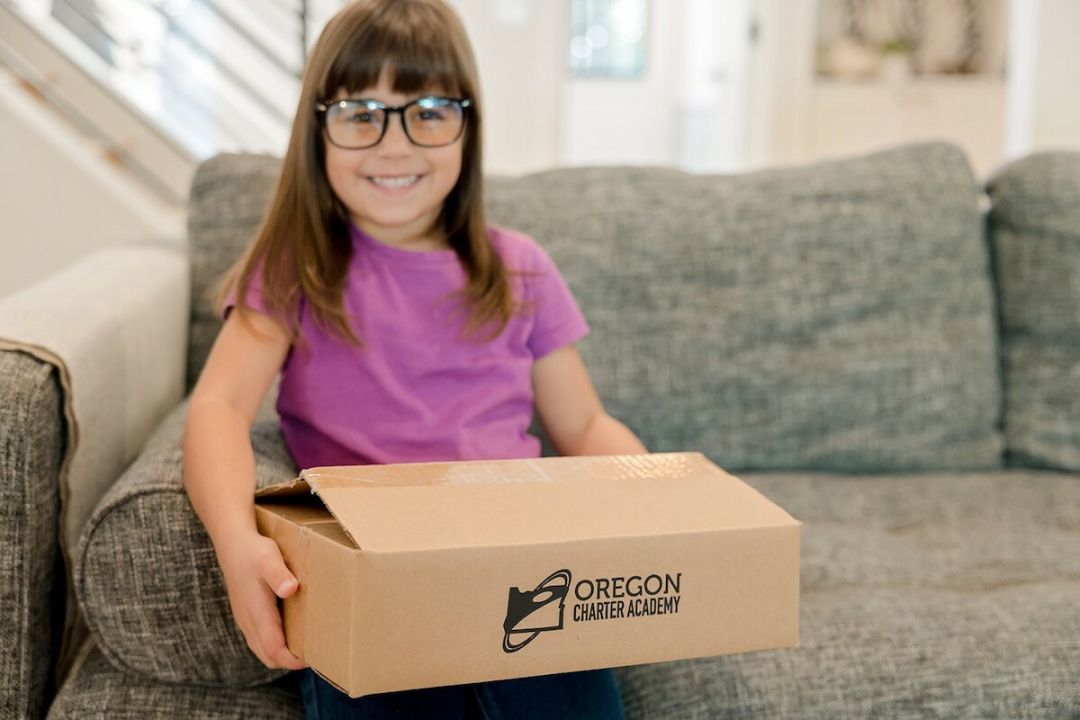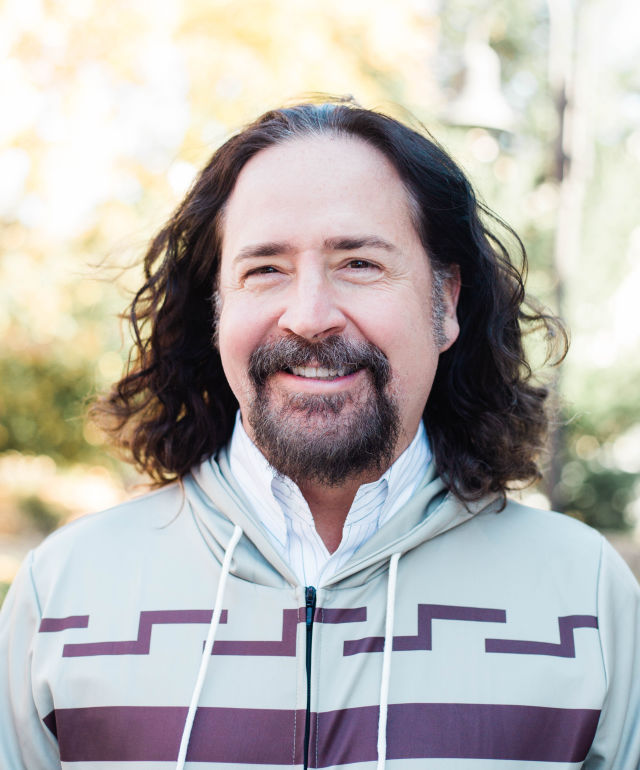Dispelling the Special Ed Stigma with Virtual Learning

As a parent of a student who requires special education (SPED) and related services, deciding where to enroll your child is an important decision. Enrolling them in an online K-12 school like Oregon Charter Academy (ORCA) may at first seem like a counterintuitive choice, but its well-rounded curriculum supplies everything they will need to flourish.
Even the school’s Director of Special Services, Christian Olson, had his own doubts when he joined the staff four and a half years ago. Understandably, he wondered how he could make a situation that requires such personal and attentive instruction work across many miles and through a computer screen. It wasn’t long before he realized that not only was it feasible, but there were also several inherent advantages to the structure.

Oregon Charter Academy Director of Special Services Christian Olson
“Students at brick-and-mortar schools don’t really want to be pulled out of class to go to their SPED classes,” Olson explains. “But virtually, students don’t have that stigma. Nobody knows where they’re moving to, so students are much more likely to be engaged and not feel embarrassed about having to have this extra support. Their confidence is sky-high, and they feel like they can accomplish things.”
As designated by the government, there are 13 categories that can qualify students to receive special education and related services, including learning disabilities, autism spectrum diagnosis, visual or hearing impairment, intellectual deficiency, and other health impairments. At ORCA, there are around 600 kids who qualify for these services, and each one receives support from an expert team of 23 SPED teachers, two support staff, and three administrators.
A good share of those students enroll with an Individual Education Plan, or IEP, already in place. Others are found through a process called Child Find, which works internally with kids already at ORCA.
“We have a school psychologist do intellectual and achievement testing to see if there are big gaps that shouldn’t be there,” Olson says. “She does some of it virtually, but she also travels all over the state to do in-person testing for us.”
Each student is then assigned a case manager who will handle all of the paperwork and call the student or parent once a month, at minimum, to touch base. During weekly office hours, students can receive tutoring for a specific class or help manage an emotional disturbance. Despite being remote, the virtual platform actually promotes connection, as each educator has more flexibility and time available because they’re not always in a traditional, physical class setting.
Throughout their time at ORCA, students with special needs will attend support sessions, called BOOST classes, in addition to their standard classes. Oftentimes, a SPED teacher will be involved, too, as co-teaching has shown to be more impactful.
“That has been really effective: If a student can’t understand because the teacher is moving too fast, they know they have that BOOST support class that is following along, learning the same stuff, but slower and more individualized for that student,” Olson says. “That’s how we approach helping our students graduate and achieve their goals on their IEPs.”
For students who likely won’t be able to meet state standards and need a higher level of care and guidance, ORCA offers the ACES (Academics, Career and Essential Skills) program. Olson adds, “We have five teachers that specifically work with these students.”
All of Oregon Charter Academy’s teachers are SIOP (Sheltered Instruction Observation Protocol) trained. It’s a method that was originally designed for students learning English as a second language, but it’s been adapted to special education as well.
“For example, a student may not know anything about the biosphere, but we do know that they were raised next to a lake,” Olson says. “So you build on prior knowledge that they already have. It’s all about scaffolding.”
That approach is further solidified through field trips, and although most of ORCA’s recent “outings” had to be conducted online, Olson is hopeful that once the pandemic has ended, they can get back to hosting in-person excursions with meaningful face-to-face human interaction.
ORCA also does everything in its power to ensure technology is never a barrier.
“For the students who have visual impairments, we have large monitors; we have programs that change everything into fonts that are specifically designed to be clearer and larger,'' Olson adds. “We do everything we can and don’t let money stand in our way.”
They also go above and beyond with related services, partnering with a company called E-Therapy to provide speech-language pathology, occupational therapy, counseling, and more.
“I have yet to be stumped with a student where I have to say, ‘I don’t know how to help you in this environment,’” Olson says. “Still, we’re not necessarily for every student. Virtual isn’t right for everyone, but I am very proud of what we can accomplish.”




